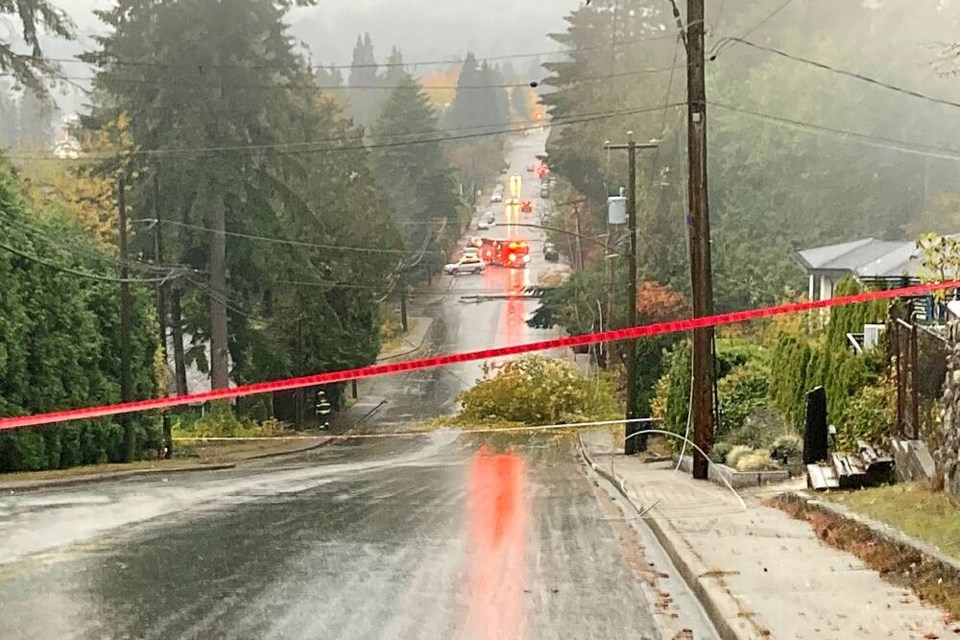A new BC Hydro survey has found that because parents don’t have enough electricity safety knowledge, they’re not teaching their children how to be safe.
That’s a knowledge gap that could be fatal.
“With nicer weather finally here, kids are heading out to play outside more, but some might be missing some important electrical safety knowledge,” BC Hydro spokesperson Susie Rieder said. “New BC Hydro research finds many B.C. parents are unaware of how to stay safe around electricity, and might be unintentionally passing this knowledge gap to their kids.”
Survey results released May 10 indicate more than two-thirds of B.C. parents have not talked to their kids about electrical safety, often because they aren’t aware of how to stay safe themselves.
The information comes as the utility observes May 8 to 14, a program designed to reach thousands of students in schools across B.C., raising awareness about electrical safety.
Results show 76 per cent of B.C. parents with kids under the age of 18 couldn’t identify how far they should stay away from undamaged overhead power lines in their neighbourhood (three metres); meanwhile, 58 per cent couldn’t identify the distance they should stay away from a downed or damaged power line (10 metres).
The questionnaire also found most parents don't know how to tell if a downed power line is live; 27 per cent of parents believe a live line would make a buzzing sound, 27 per cent said it would be smoking or sparking and eight per cent said it would be glowing.
The encouraging news is that 57 per cent of parents know children should keep balloons, kites and similar toys away from overhead power lines.
“Those who have discussed electrical safety with their children are most likely to say they were taught in school, highlighting the importance of electrical safety education in the classroom,” Rieder said.
Moreover, the survey found even fewer people understand what to do in the event of a motor vehicle accident involving a power line.
“In fact, over half do not know the correct safety procedures to follow should they have to exit a vehicle in an emergency,” the survey said. “This gap in knowledge can in part be explained by over a quarter of parents admitting they were never taught about safety precautions around power lines and electrical equipment.”
How to stay safe
The Crown corporation offered a few tips to stay safe:
• stay at least three metres away from working power lines — the length of a standard four-door car;
• watch for power lines in your area — never carry balloons or fly kites near power lines and always securely fasten balloons or inflatables to make sure they will not be picked up by a sudden gust of wind and contact a power line;
• never contact or climb transmission towers, power poles, pad mounted transformers (they look like green or grey boxes) or other electrical infrastructure;
• don’t trespass near BC Hydro facilities such as dams, powerhouses, or substations and respect all safety signage at these sites;
• in the event of a motor vehicle accident involving electrical equipment, BC Hydro encourages staying in the car and calling 911. A BC Hydro crew will isolate and ground the damaged equipment to make it safe for first responders to rescue you. If staying in the car is not an option because of emergency, jump out and away from the vehicle, taking care to land with feet together and shuffle at least 10 metres away — the length of a bus — to avoid getting injured.
The online survey was conducted by Majid Khoury and included 600 parents of kids 18 years and younger in B.C., from April 18 to April 20, 2023, with a margin of error of +/-4 per cent.


